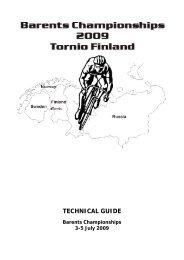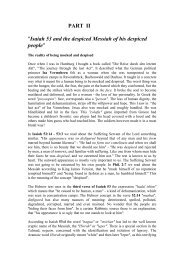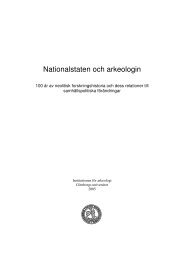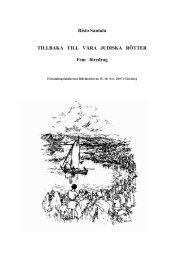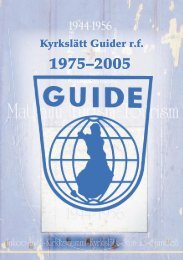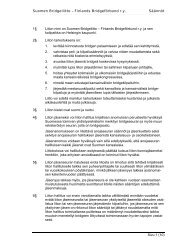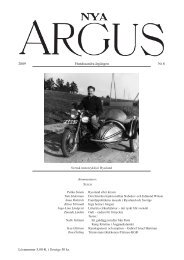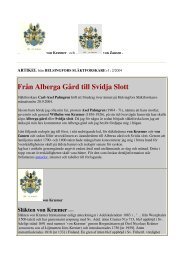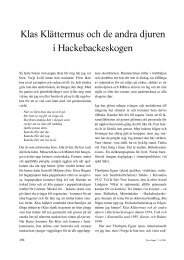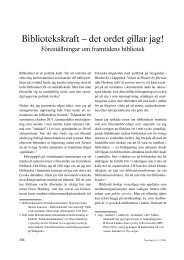Struggles for Sustainable Urban Development in Cochabamba, Bolivia
Struggles for Sustainable Urban Development in Cochabamba, Bolivia
Struggles for Sustainable Urban Development in Cochabamba, Bolivia
Create successful ePaper yourself
Turn your PDF publications into a flip-book with our unique Google optimized e-Paper software.
Sometimes the drivers are very keen to get their demands satisfied. In July 2002 some free<br />
drivers had a hunger strike, supported by protest marches, demand<strong>in</strong>g that the municipality<br />
would guarantee their right to work <strong>in</strong> the city (Los Tiempos July 23, 2002). At the same time<br />
Los Tiempos reported of an alliance between the federated transport and a major political<br />
party Nueva Fuerza Repúblicana (NFR), while the free transport lowered their mass transit fees<br />
as a way to combat the federated transport. Later, these developments lead to the legalisation<br />
of some of the free transport’s routes, which <strong>in</strong> turn, was heavily criticised by the federated<br />
transport (Los Tiempos July 30, 2002).<br />
A dist<strong>in</strong>ct characteristic of urban politics <strong>in</strong> <strong>Cochabamba</strong> is the way different stakeholders<br />
fiercely defend their <strong>in</strong>terests. Different parties, especially the public transport drivers, seem<br />
short-sighted and selfish with their demands. Fanny Suarez from the city council calls both,<br />
the free and federated sectors of transports, to prioritise the demands of the population and<br />
not just th<strong>in</strong>k of their own economic benefits (Los Tiempos July 25, 2002) On the other<br />
hand with the background of <strong>Bolivia</strong>n economic reality the drivers’ self-<strong>in</strong>terest is easy to<br />
understand. The livelihoods of a lot of people depend on decisions concern<strong>in</strong>g urban<br />
transport, and they are ready to fight to be able to susta<strong>in</strong> their families. Still, the editorial of<br />
El Deber (March 25, 2002) makes a po<strong>in</strong>t about urban public transport <strong>in</strong> Santa Cruz de la<br />
Sierra that should be considered by all stakeholders <strong>in</strong> <strong>Cochabamba</strong> as well: no one, <strong>in</strong>clud<strong>in</strong>g<br />
the authorities, transport companies, drivers or general public, wants to understand that<br />
chaos of transport will, <strong>in</strong> the short and long run, hurt everyone. It tries to send a message<br />
that cooperation would lead to improved quality of life <strong>for</strong> all.<br />
Power relations<br />
24



